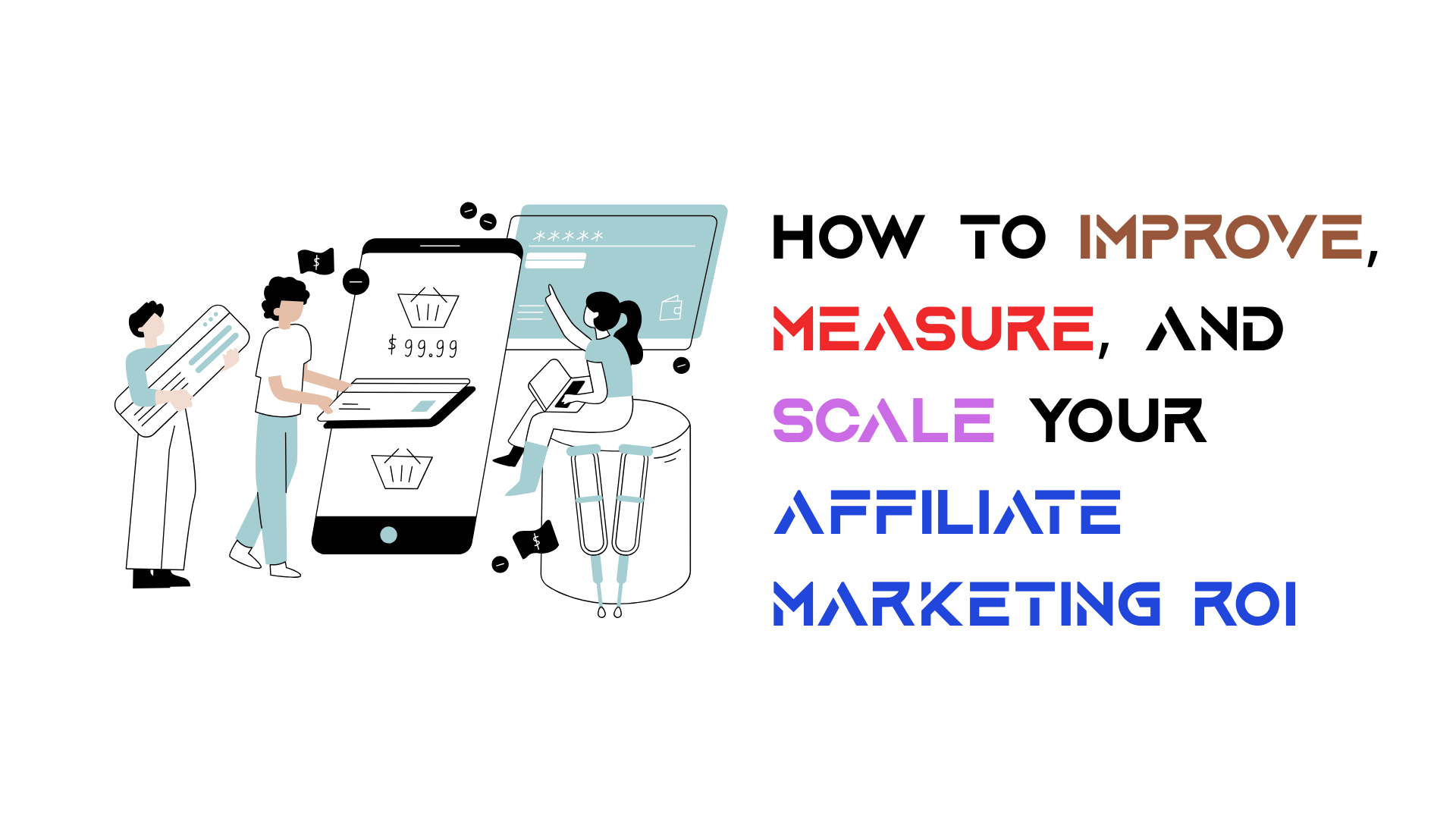Unveiling New Opportunities in Digital Marketing Through the Dark Web
The dark web is rising in popularity. And there’s a good reason for it. People are tired of marketers knowing their every move. Nowadays, marketers have cracked the code. If you even think about cat food, Facebook or Instagram will show you an ad. Consumer data is available to marketers, internet service providers, and governments. So, people found a workaround—the dark web.

Aura of crime and hacking appears in the air whenever someone mentions the dark web. And yes, it is usually true that many illegal activities are going on there, so you need to be extra cautious. However, many customers who like to leave minimal traces on their purchases, location, likes, or search history can be found on the dark web. And many legitimate consumers and marketers would like to access them.
What is it for the marketer? They can gain insights into the needs and wants of current and prospective customers or gather data to prepare stronger messages for their service or product. Here’s everything you need to know about the dark web and how to use it for your next campaign.
Learn What Your Ideal Buyer Thinks
Give a person a mask, and they’ll tell you the truth. The most crucial data for a marketer is insight from their ideal buyer persona. You want to know what your current customer is thinking and what your future customer wants. Luckily, the dark web provides that information.
You can use the Tor browser to join forums and do research. Thousands of people join discussions and share their thoughts about everything. But be careful. They’re not holding back. There’s no censorship like on Facebook, where you must abide by community guidelines. No. People say what they think on dark web forums and often push it to the limit. Many users express their frustration by saying vile and hateful things, but you can think of them as trolls.
With more people transitioning to the dark side, you’ll have less success with predictable campaigns. If your ideal buyer persona can’t be targeted, you’ll need a different approach. This is not the case only for marketers. Political parties are using these forums for discussions. Don’t buy the narrative that everything on the dark web is only for criminality. Now, it’s more about privacy. Join the conversation and follow your audience wherever it goes.
Be the First to Find Fut About New Innovations
There’s no innovation when you put a restriction on free speech. George Orwell has warned about that in his books, and reality confirms it. One of the most significant innovations in finance and technology – Bitcoin, started spreading on the dark web.
As a brave marketer, you need to know what the tools of the future will look like. Who knows what kind of AI software, bot, or tool will come out that could help you decrease ad spend and be a better marketer? If you know what you’re doing, the dark web is the place to discover innovations.
There Are No Influencers on the Dark Web
Influencer campaigns can drain your budget with lightning speed. These mini-celebrities with a lot of social media clout can promote your product or service to their followers. Well, the dark web audience doesn’t care about them!
Instead, they focus on so-called “useful idiots.” That’s not a hit at influencers because the useful idiots aren’t real people. Instead, they are fake personas or bots that promote different types of propaganda and create a narrative so real people can tune in. It’s a sneaky tactic, but you can think of a way to use it that doesn’t involve hate.
There’s no law stopping you from creating fake hype on social media. Get a hashtag trending, and try to use “useful idiots” to spread it around for a positive goal. You might notice that even some influencers will join the campaign out of FOMO and become part of the crowd!
Fear Spreads Faster Than Fire
Negative emotions, provocation, and fear work better than positive vibes regarding something going viral. Let’s look at a few examples. Donald Trump got loads of media hype because of his ideas and provoking debates. Engagement and responsiveness on social media confirmed that, too.
The same thing happened to Andrew Tate. He became the most Googled man on Earth because of outrage. You either love or hate them. There’s no in-between. And when it comes to social media algorithms, they just promote the thing that gets the most buzz. So, polarized views, controversy, and shock tactics are the strategies that work.
Modern marketers want to promote happiness and positivity. Yet, there could be a switch towards fear, anger, and shock. Spending time with the Tor browser might help you explore good ways to use these emotions.
People Care About Privacy
Every sensible adult using the internet cares about privacy. It came as default, but the data-hungry companies have changed it. There’s a high chance that your current and future customers want to remain anonymous.
Do they want to be under the radar? Do they have something to hide? You won’t know for sure. But you can be confident that they value privacy, especially in the tech niche.
As a marketer, you'll have to focus on how you promote and where you do it. The dark web might be a part of it.
Conclusion
Despite being viewed with distrust, digital marketers might benefit from unexplored prospects on the dark web. You can obtain special insights into consumer behavior, cutting-edge technologies, and successful strategies that go beyond standard ways by investigating this field. Accept the potential of the dark web to improve your marketing strategy and maintain your lead in the ever changing digital space.







